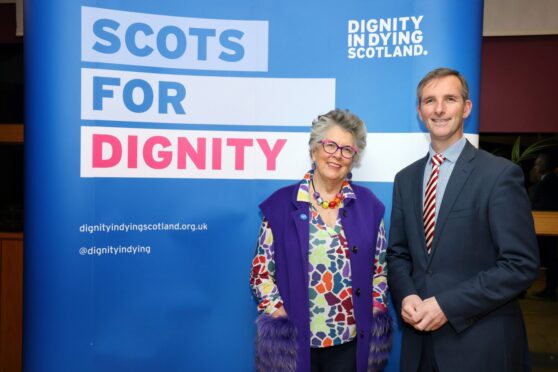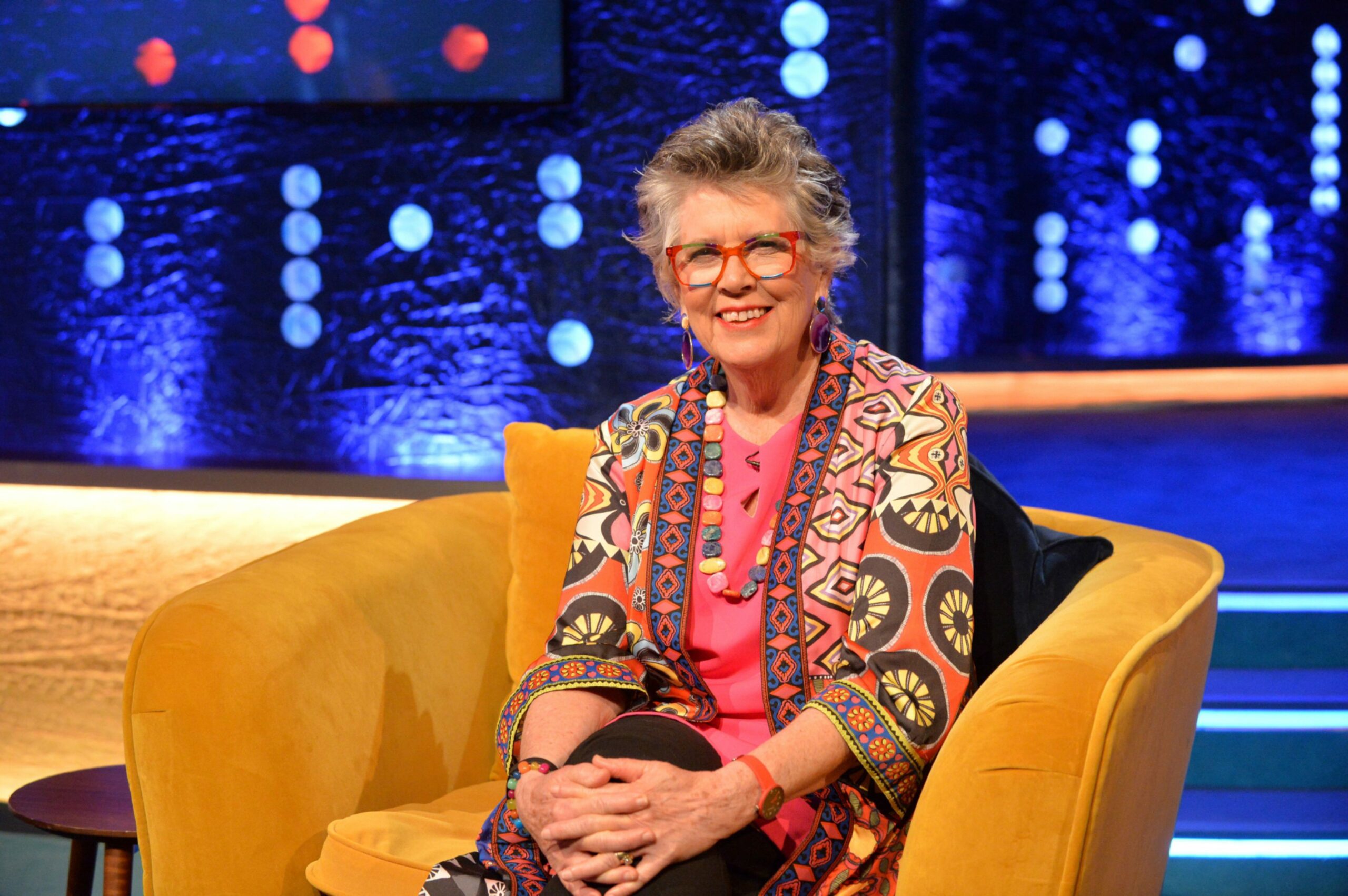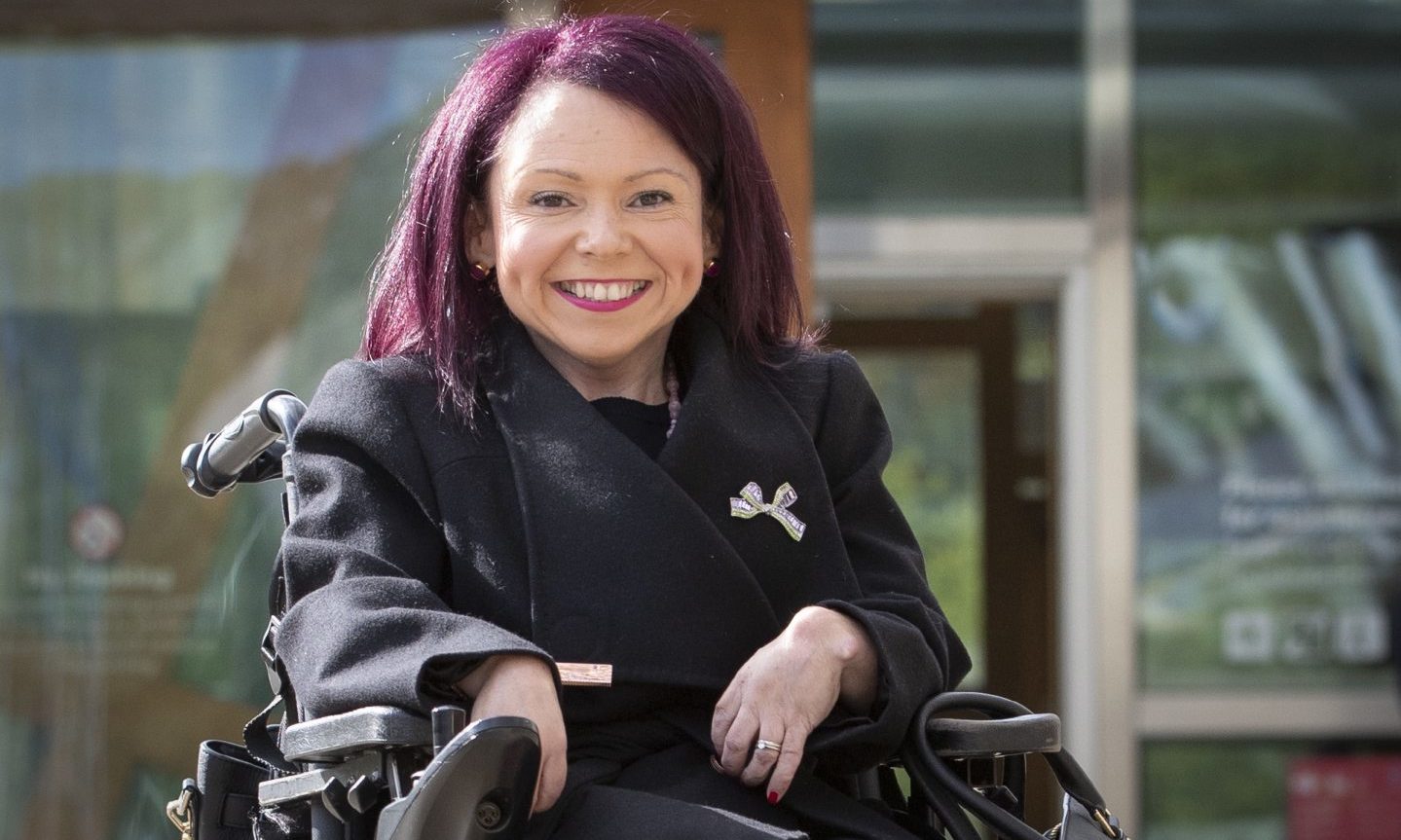Liam McArthur is an unlikely revolutionary; a quietly-spoken Scot with an aversion to the mud-slinging which often permeates British politics.
The Liberal Democrat MSP for Orkney is at the forefront of legislation which, by its very nature, is controversial.
But he maintains that the assisted dying bill, which he is steering through parliament, enjoys the support of the public, has cross-party backing in the chamber as the “next great liberal reform” and told the Press & Journal: “The current ban is failing too many terminally ill Scots at the end of life and we can and must do better.”
Are there safeguarding provisions in the bill?
However, there are others, who believe this is a slippery slope which could lead to more seriously ill people being forced into situations where they are quietly put to sleep or subjected to DNR [do not resuscitate] notices to lessen the burden on the NHS.
Labour MSP Pam Duncan-Glancy, who was diagnosed with idiopathic arthritis at an early age, has warned that Scots such as herself will feel pressurised into choosing assisted suicide if a new bill is passed. Surveying the proposed bill, she has highlighted what she described as the complete lack of a “safeguard” for the disabled.
However, Mr McArthur, who has worked closely with the organisation Dignity in Dying, thinks such fears are unwarranted.
Do other countries have similar legislation?
He said: “It is vitally important that in providing this choice to terminally ill adults with mental capacity that appropriate and robust safeguards are also put in place.
“Whether it is the need for two separate doctors to be satisfied with the diagnosis, stringent reporting and monitoring requirements or the option for medical practitioners with a conscientious objection to exempt themselves, these safeguards are integral to ensuring the process works as intended.
“Indeed, as well as safeguarding provisions around assisted dying, I see this debate as an opportunity to look at increasing transparency and oversight around existing treatment practices such as palliative sedation.
“Meantime, the argument about an inevitable ‘slippery slope’ is not borne out by the evidence. While there are certainly more expansive models in operation in some countries, where states or countries have introduced a model restricted to adults with a terminal illness and mental capacity, the eligibility criteria have not changed.
“Oregon is the most obvious example. Having introduced its legislation back in 1997, the eligibility criteria for those accessing an assisted death there remains the same over a quarter of a century later.
“The same is true of the other ten US states and districts who have followed in Oregon’s footsteps, and the same is true of the states and territories in Australia which have adopted a very similar model. The courts in this country have made clear that it is for parliament to decide how it wishes to proceed, and I am confident that the law passed by the Scottish Parliament is the law that will be enacted.”
How widespread has the interest been?
In recent days, Dame Esther Rantzen, who has a terminal illness, has described the current regulations in the UK as “prehistoric”, while Mr McArthur previously discussed his bill with Dame Prue Leith, who also believes the law requires an urgent overhaul.
And, whatever critics might argue, he pointed to the consultation on his proposals in 2021, which received a record 14,000 responses, which revealed not only the widespread interest in the issue, but also the overwhelming level of public support (78%) for what he is convinced is a long-overdue change to obsolete regulations.
He said: “Dame Prue’s experience in relation to her brother’s death from cancer was very moving. As always, the personal testimonies of those with experience of what the current ban on assisted dying means in practice for too many citizens is compelling.
“Likewise, I am grateful to Dame Esther for sharing her own story and, like Dame Prue, highlighting the very traumatic impact on family members. Their stories reflect what I hear all too often from others engaged in the campaign for a change in the law.
“Needless to say, however, their status has helped raise the profile of this important issue, prompted wider public discussion and given people an understanding of the personal consequences of the law in this country.
‘The status quo is unsustainable’
“They know that the status quo is unsustainable; they see that more and more countries and states around the world have safely introduced more compassionate choice for people at the end of life; and they realise that not changing the law is an active decision that also has consequences for people’s lives.
“All of which, I believe, is helping to shift the political ‘mood’ on this issue. Indeed, should the legislation eventually be adopted by parliament, I firmly believe we will look back and wonder why it took so long for us to make this much-needed change.”
What are the criticisms of such legislation?
There are no shortage of critics. The Society for the Protection of Unborn Children has branded the proposals “irresponsible” and “a death warrant for the disabled, who experience daily discrimination, as was made clear during the response to Covid-19.”
Disabled academic Dr Miro Griffiths, who previously wrote about this issue for The Press and Journal, argues that “assisted dying” does not involve “free choice”.
He said: “We are talking about individuals who are living lives politically, economically, culturally, socially, where they are exposed to injustices, and those injustices will have a consequence on the way they value their life.”
Yet the depth of feeling among many Scottish politicians is less about the risks than the miserable situation where families often spend months and even years watching loved ones suffer agonising pain which no drugs can alleviate. And it’s not just those who are dying who suffer in these circumstances. Those closest to them are victims as well.
Mr McArthur said: “I’ve long supported the right of terminally ill patients to have more choice over the time and place of their death. Since first being elected in 2007, I have been a signatory of the two bills introduced by the late Margo Macdonald, the second of which was taken forward latterly by Patrick Harvie after Margo passed away.
“Unlike many of my MSP colleagues, I don’t have direct personal experience of losing a loved one to a ‘bad’ death. But, over the course of 17 years as an MSP, I have heard so many heart-wrenching stories of those who have died in difficult, painful or undignified circumstances, and the impact this has had on them as well as family and friends.
Final stages of drafting a bill
“These personal testimonies have been more a feature of the debate around my bill than was the case previously, and help explain the shift there has been in political attitudes, which are now much closer to where the wider public has been for many years.
“I have been particularly struck by those with a terminal illness campaigning passionately for a change in the law that will come too late for them.”
Mr McArthur is currently in the final stages of drafting a bill with support from Scottish Parliament officials, which he hopes to introduce in the coming weeks.
The legislation will then be scrutinised by a lead parliamentary committee, which will invite written evidence from stakeholders and the public, before organising a series of oral evidence sessions, all of which will inform the drafting of a Stage 1 report.
This will subsequently be debated in the Chamber after which all MSPs will have an opportunity to vote on the general principles of the bill. And, if that gains approval, Scotland will be in uncharted territory.
- Two women tell us their reasons for backing the assisted dying bill, to find out more read Suzie McAllister and Ani George’s stories





